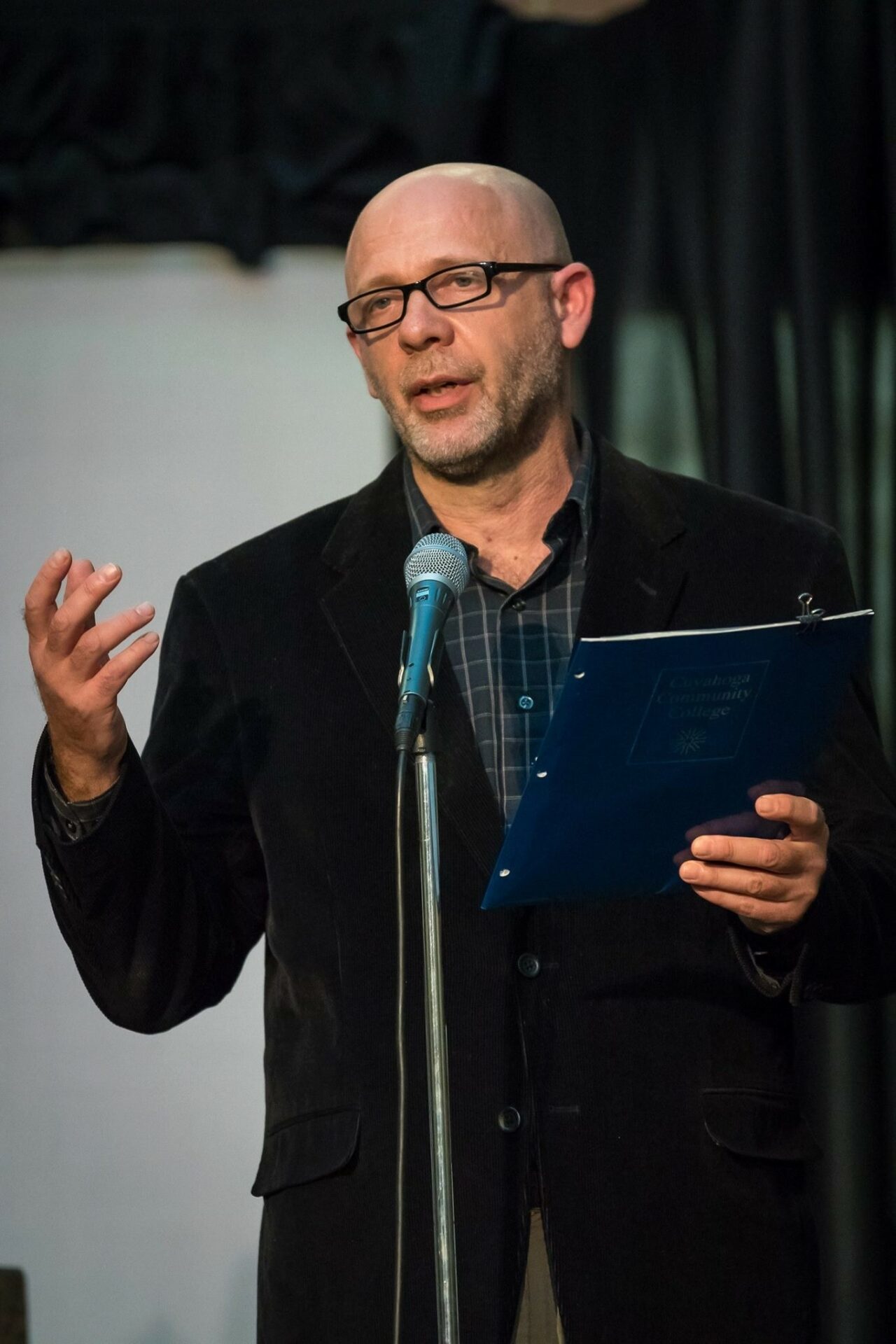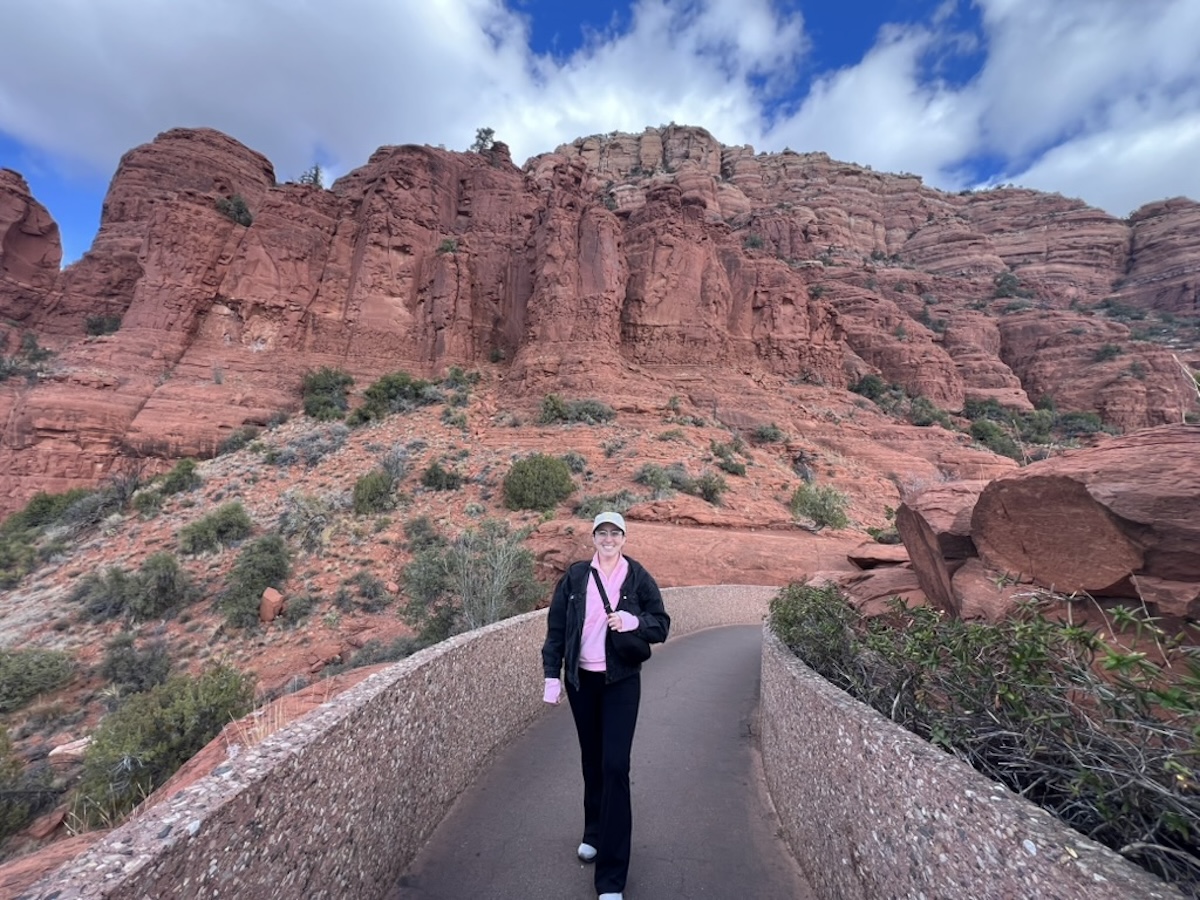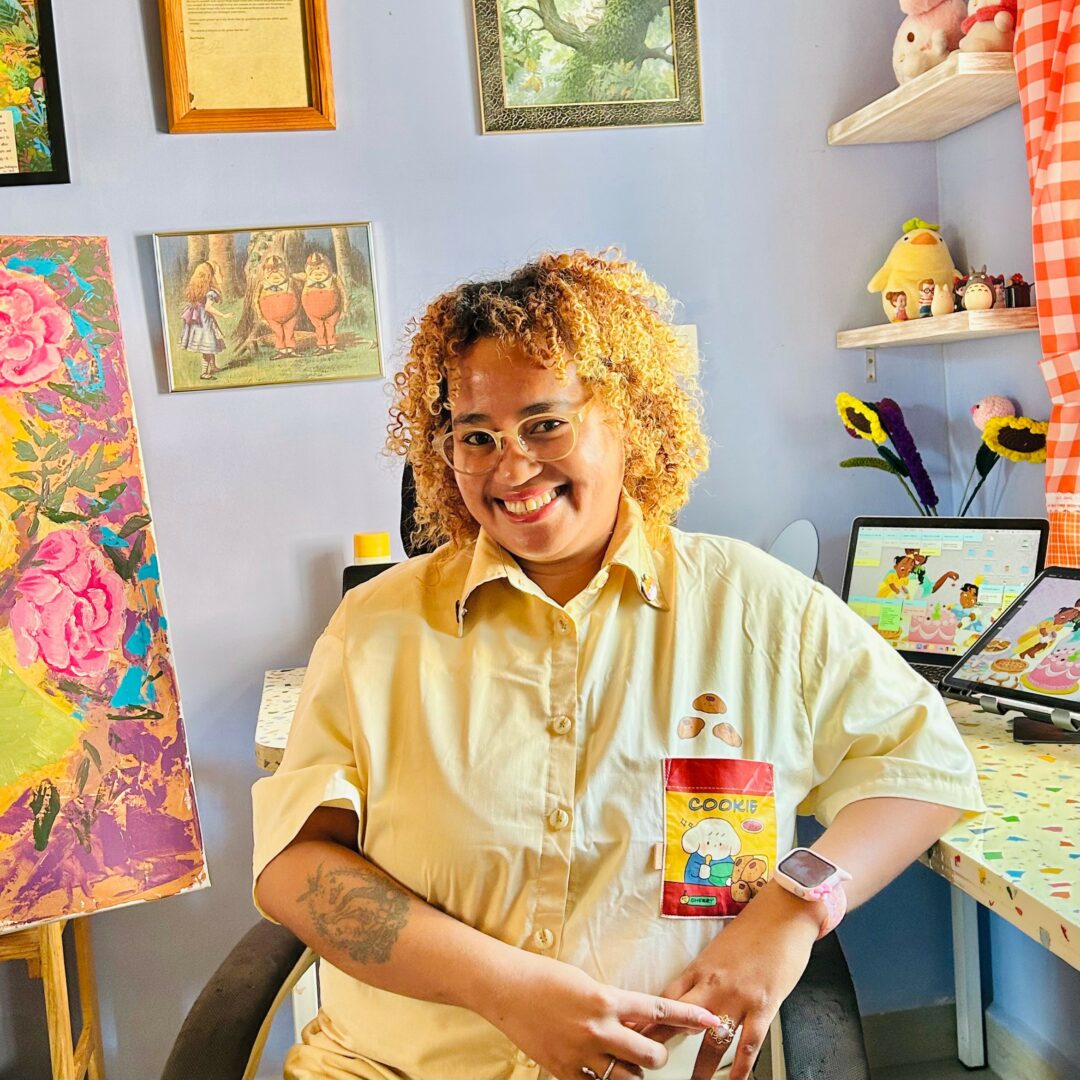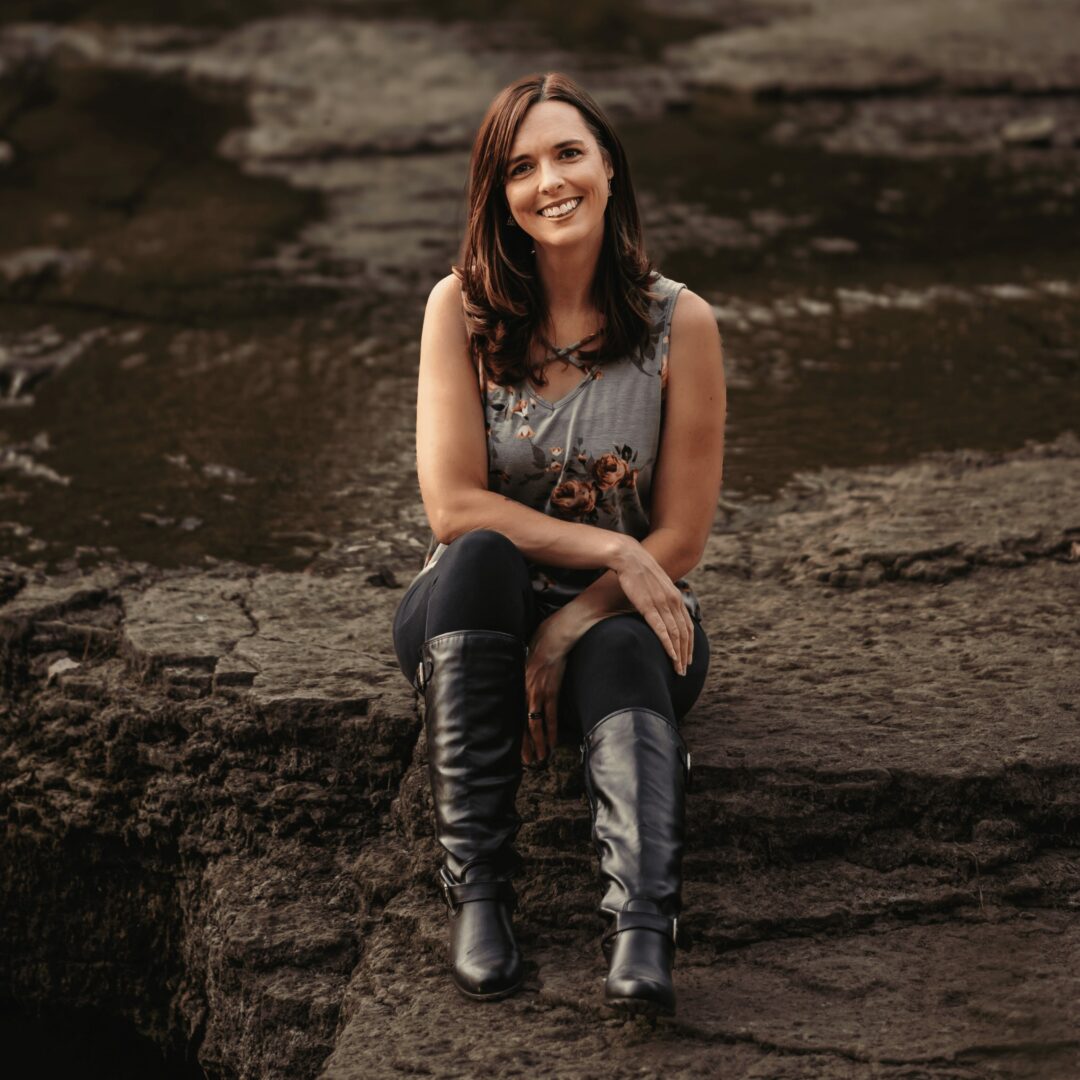We’re excited to introduce you to the always interesting and insightful Branislav “Bruno” Tatalovic. We hope you’ll enjoy our conversation with Branislav “Bruno” below.
Branislav “Bruno”, thank you so much for making time for us today. We can’t wait to dive into your story and the lessons you’ve learned along the way, but maybe we can start with something foundational to your success. How have you gone about developing your ability to communicate effectively?
It was a life-long process. Back in high school, I was a quiet kid in the corner, who had so many dreams and creative visions, but failed to communicate effectively. Writing essays was not a problem, drawing a picture was easy, but when it came to verbal communication – there was a “Berlin wall” in front of me. It slowly started changing when I joined military (not by free will, but due to mandatory service in my old country, former Yugoslavia). Being forced to follow specific rules of communication, I started developing verbal communication skills very fast. The military forced me to think fast, act fast, and follow the rules of engagement. This process included an effective way of verbal communication – in order to fulfill the task. But still, even after this life-changing experience, it was a challenge to engage with groups of people in various situations. I believe it was due to my personality and the fact that I refuse to be the follower of mainstream trends and popular beliefs. Eventually, later in life, I was able to join an academic community, express myself the way I wanted, and elevate my verbal communication skills as well.
Great, so let’s take a few minutes and cover your story. What should folks know about you and what you do?
My life story is very unique. I’m an immigrant who grew up in Eastern Europe, in the 70s and 80s. Despite being forced to accept certain socio-political agendas and beliefs, I always wanted to explore the “opposite” side. I grew up watching American films and TV shows that were distributed in my old country. Being a creative kid, I developed a strong interest in cinema and visual arts. But, back in those years it was impossible to pick what you want when it came to higher education; the “system” was making these choices for you. I ended up on factory floors, instead of going to college. It was difficult working 40-50 hours a week in a machine shop, but constantly dreaming about something else, something that you clearly wanted to do, and in my case, it was the motion picture and visual arts.
Around that time, in my early 20s, I immigrated to the U.S., where I worked as a metalworker for many years, while going to college in the evening and trying to “re-align” myself. Many years later, in my late 30s, I was finally able to change my career – becoming a film artist and eventually an educator in this field. The world became a different place for me. I work as a tenured professor of creative arts at the largest community college in Ohio. Being a full time professor of film and media studies since 2009, I had a chance to channel my life experiences and my knowledge to so many kids who have dreams. At the same time, I work on many independent film projects – as an actor, screenwriter, producer, and director. Independent, or “indie” and underground filmmaking is a collaborative effort, involving various cinema artists, who don’t have large budgets and corporate sponsorship, but they still create very unique motion media content.
My latest project is an independent documentary film tentatively titled “Invisible Visionaries”. It’s a film about so called “underground micro-budget” filmmaking, an art movement and a subculture that exists for decades, but it’s not a mainstream “moviemaking club” and therefore, not too many people care about these artists and their creations. The film will be completed in late 2024, with a possible release in 2025 via streaming platforms. In addition, I produce Kinodrome Film Festival (founded in 2018), an annual short-form cinema event that promotes micro-budget filmmaking and gives a chance to less established visual artists and writers – to showcase their artwork and be recognized in some way.
There is so much advice out there about all the different skills and qualities folks need to develop in order to succeed in today’s highly competitive environment and often it can feel overwhelming. So, if we had to break it down to just the three that matter most, which three skills or qualities would you focus on?
One: “self-belief” – be motivated and believe in yourself. If you love something and believe that you are good at it (such as certain skills or interests), work on improving yourself in it and pursue it no matter what. Don’t let others stop you because they “know better” what’s good for you. You are the one who makes a choice for yourself. Two: “community-belonging” – find a group of people or an entire community that has similar visions, similar creativity, and similar skills, and collaborate with these people. The community of peers will embrace you and work together with you. The perfect example is my “indie” film community. Three: “patience” – you must be patient and work on your dreams, even if takes years to achieve. In my case, it was about 15-20 years of constant work and huge amount of patience.
Before we go, maybe you can tell us a bit about your parents and what you feel was the most impactful thing they did for you?
My parents did not have much in material terms. We were a typical working-class family in socialist Eastern Europe. The lack of money and housing was a constant problem. But they realized eventually that I was no ordinary kid who will blindly follow the “system”. When I turned 21 and decided to immigrate. They told me to be strong, hard-working, and “just do it”. My parent knew at that point – nothing would change my desire to find myself in another world (moving to the United States). They always believed in me; despite so many obstacles I encountered in this new world early on. The most impactful thing they did for me is: parental love and unconditional support. Despite long distance, I was always in their thoughts.
Contact Info:
- Website: https://tatalovic.myportfolio.com/
- Facebook: https://www.facebook.com/BCMGstudio
- Linkedin: https://www.linkedin.com/in/tatalovic
- Youtube: https://www.youtube.com/channel/UCNrBKq2YhTH38SX6FYyBH3g
- Other: Internet Movie Database: https://www.imdb.com/name/nm2820724/ Vimeo: https://vimeo.com/BCMGstudio
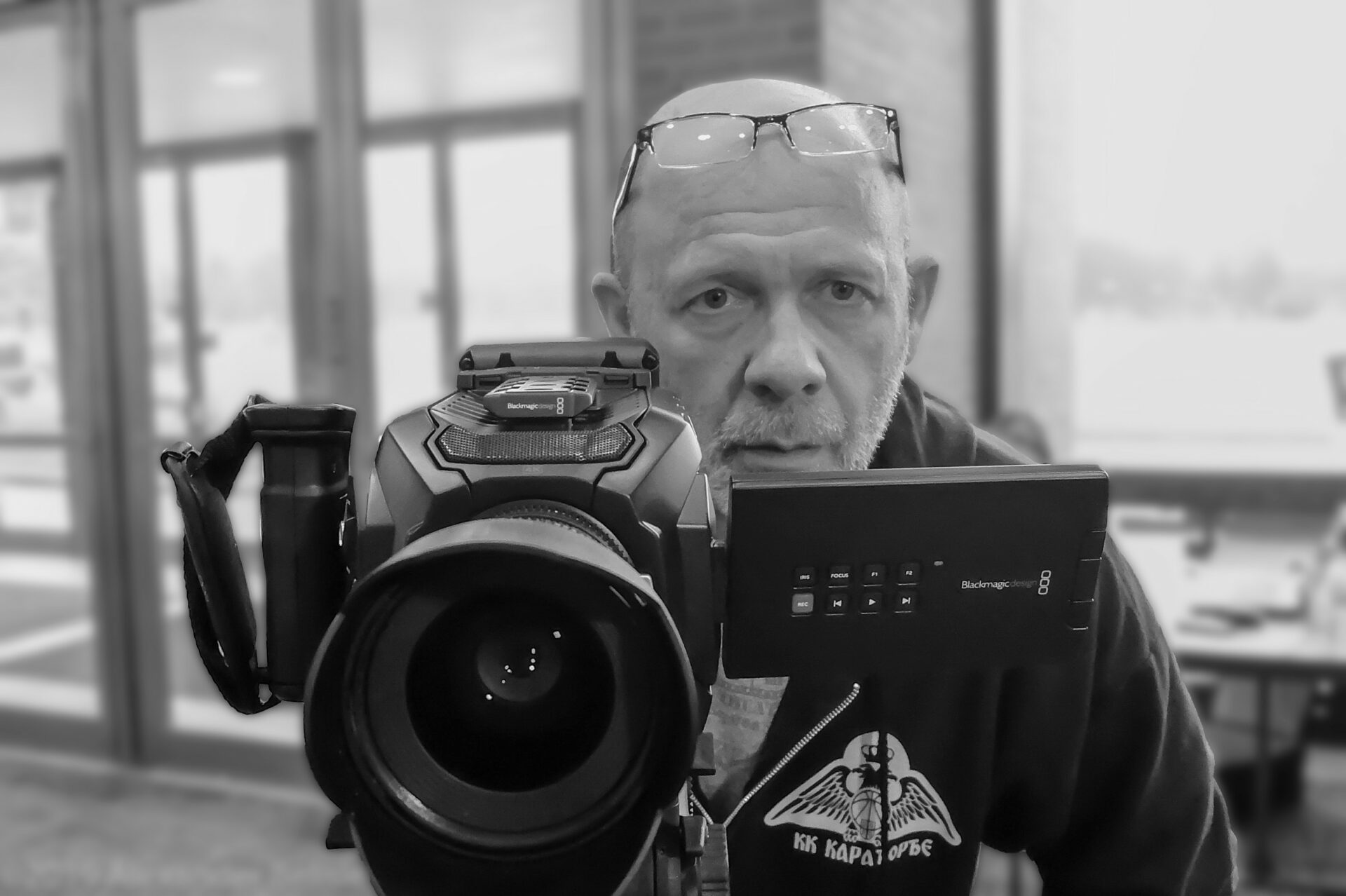
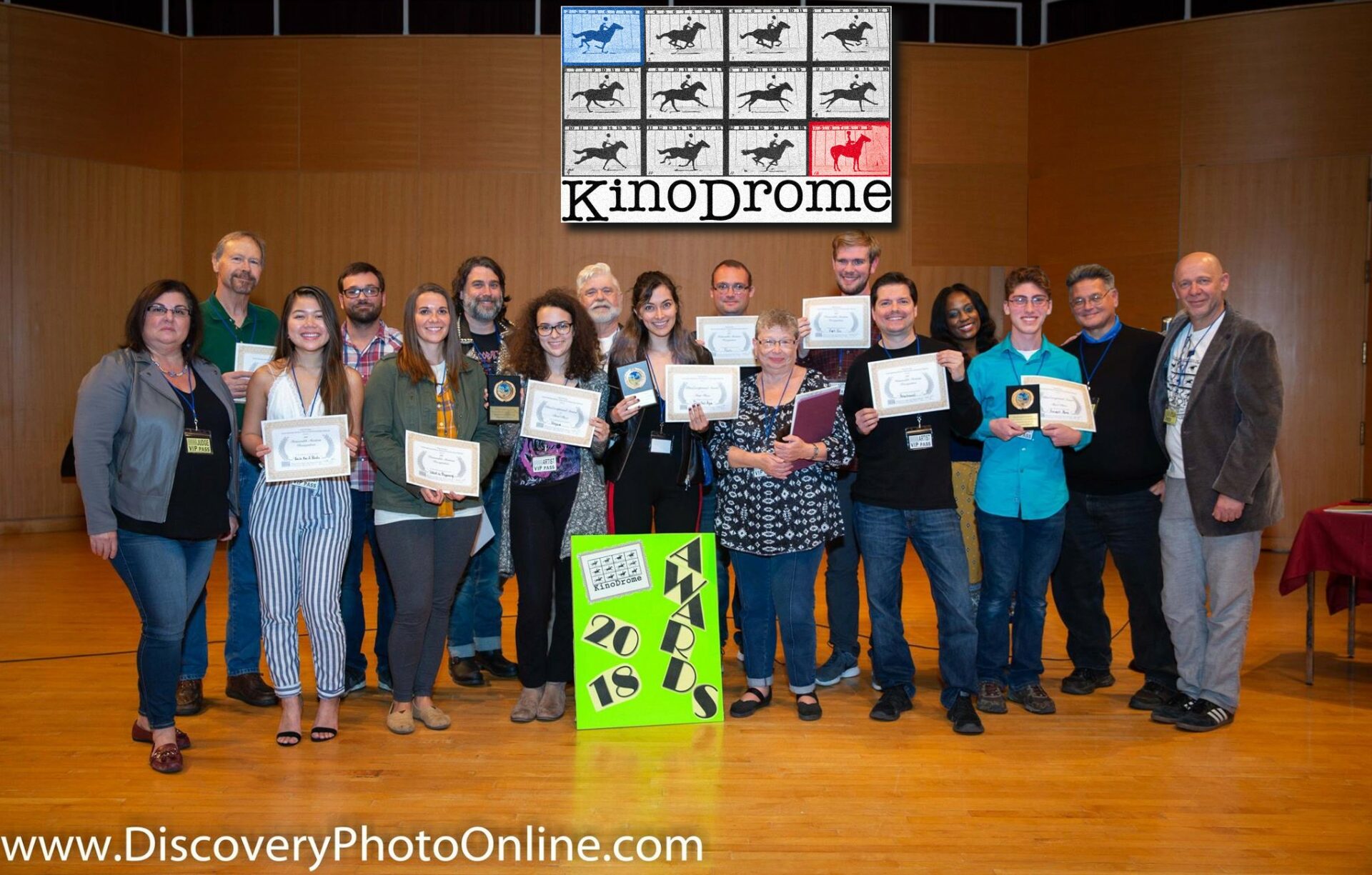
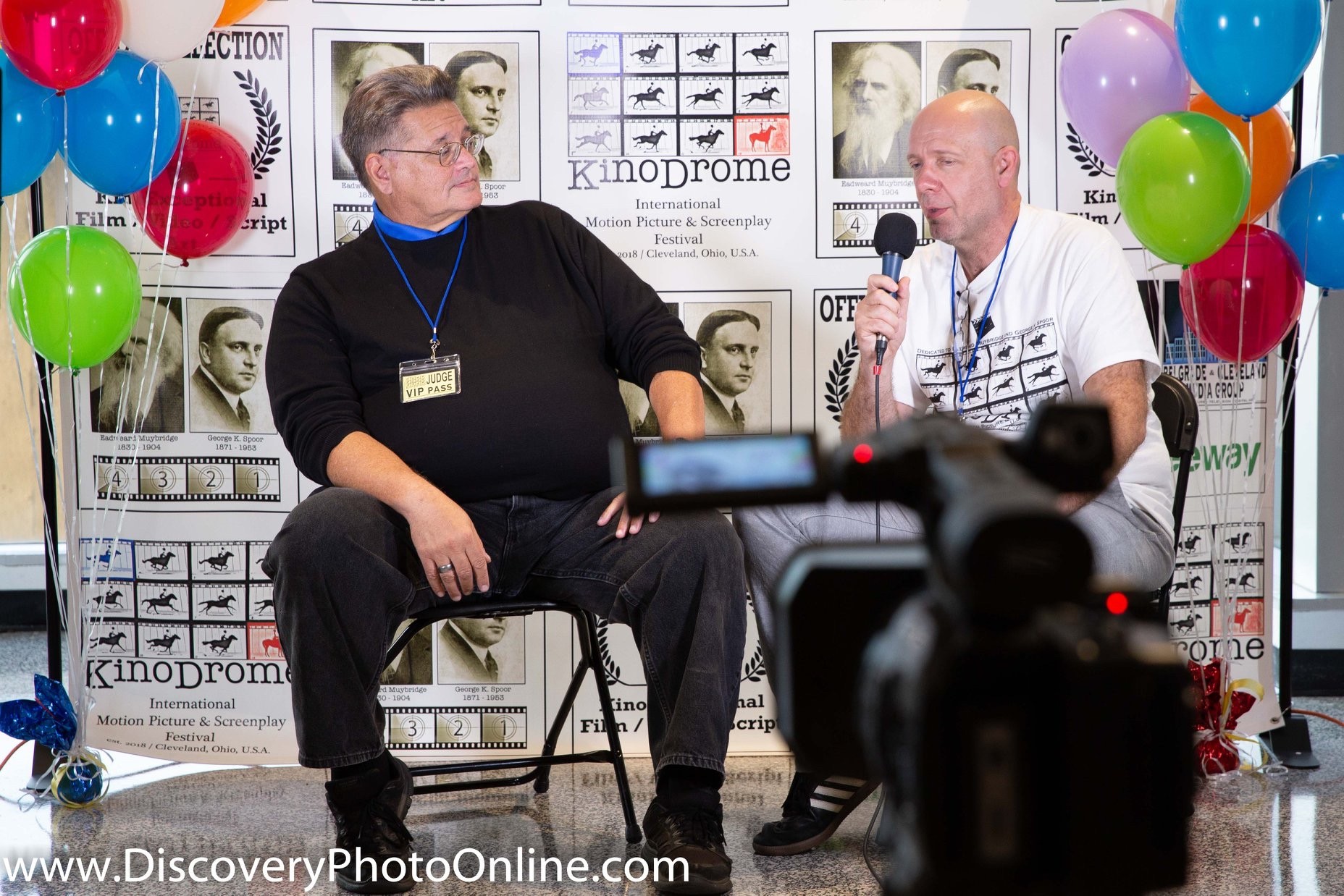
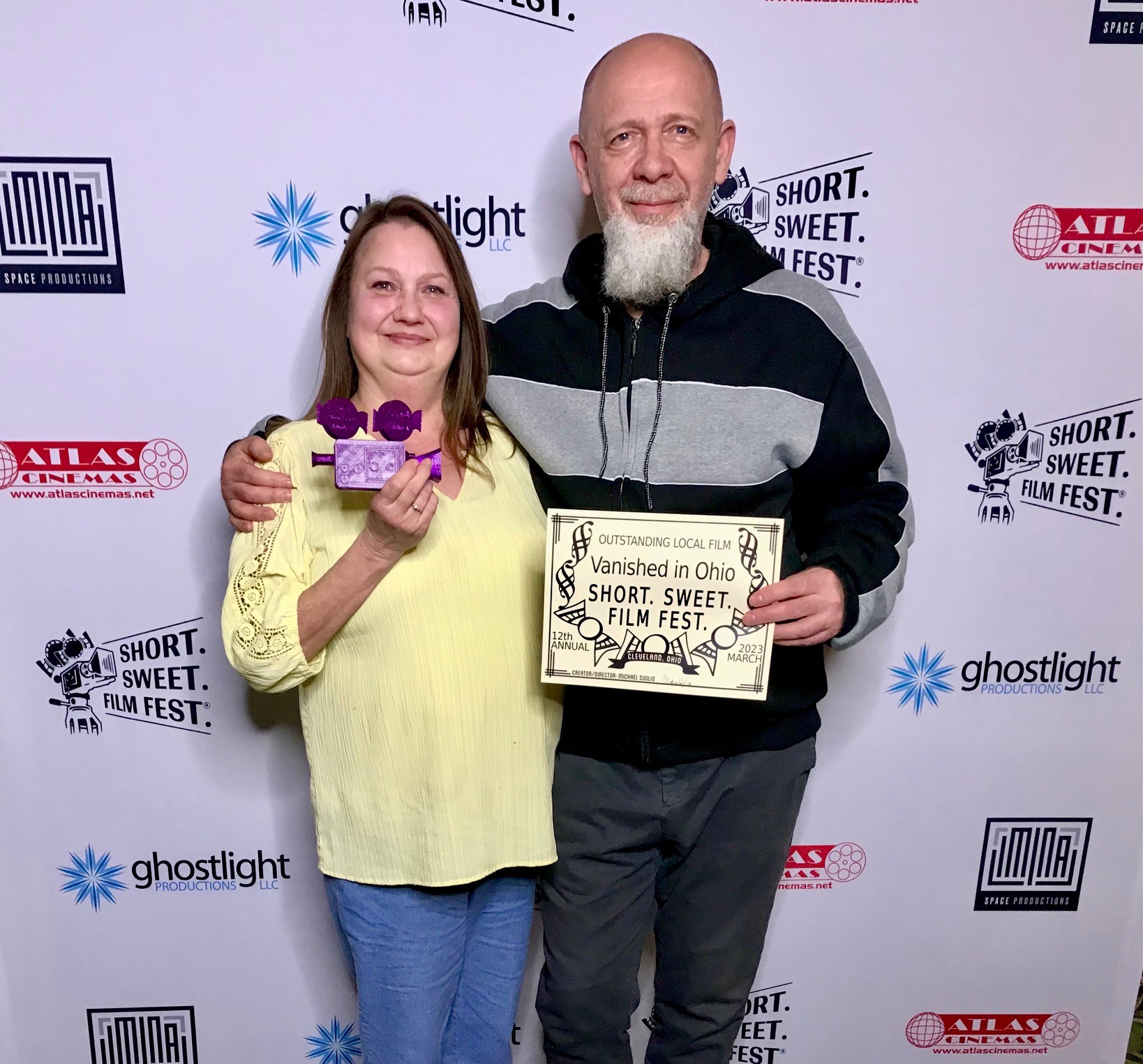
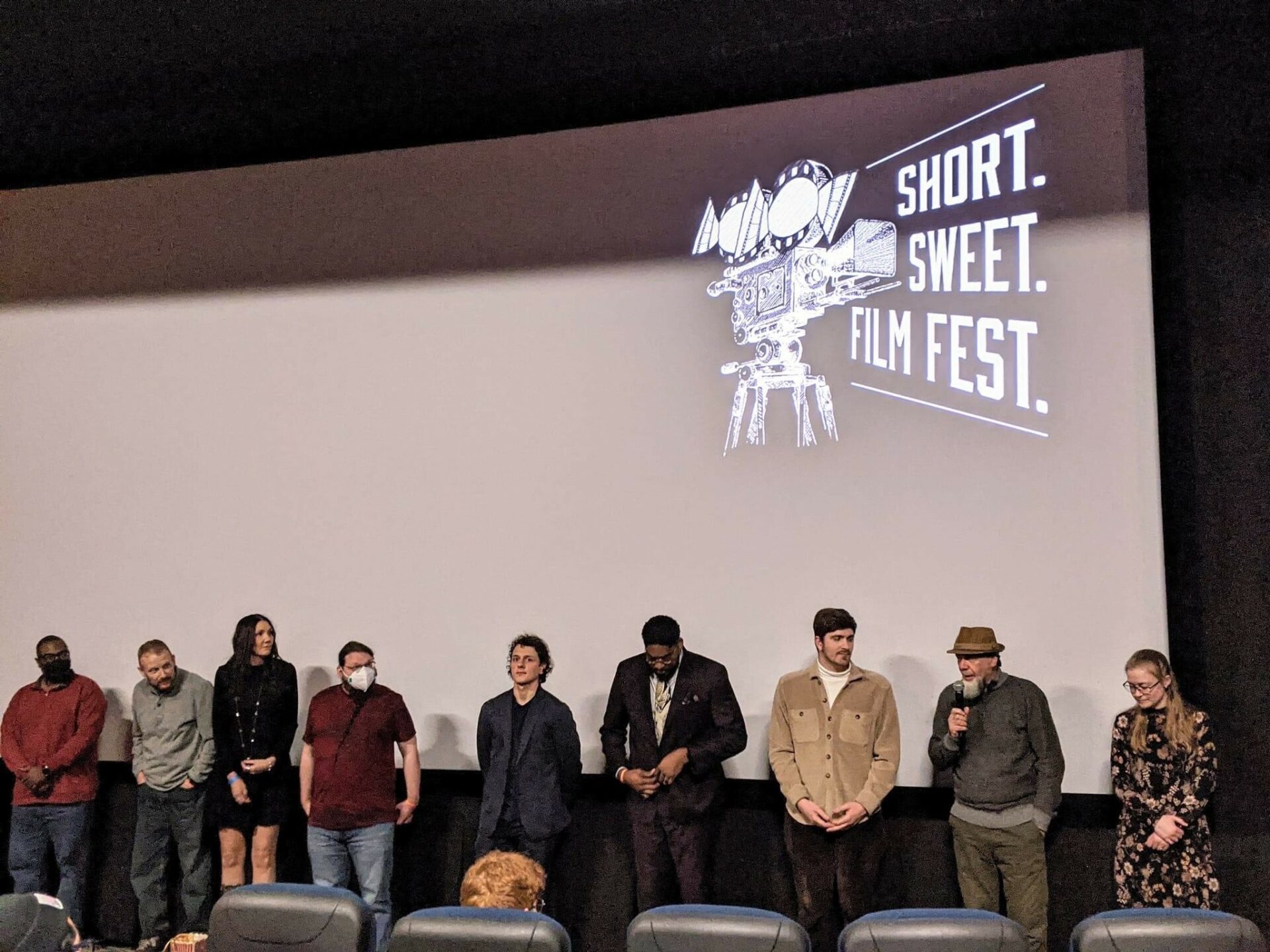
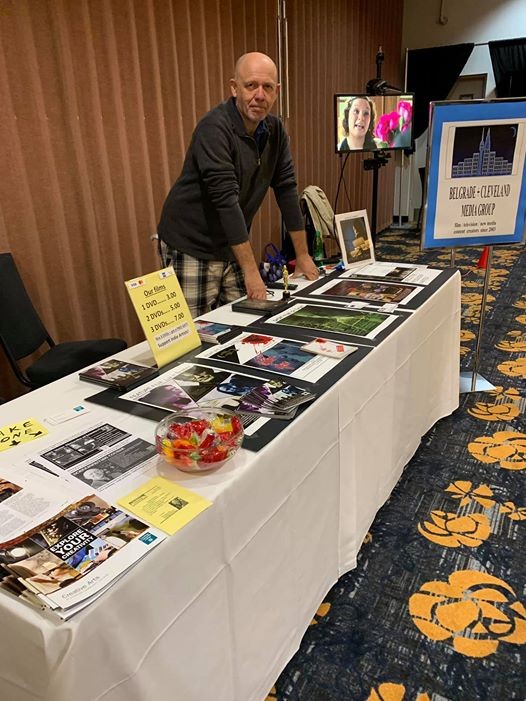
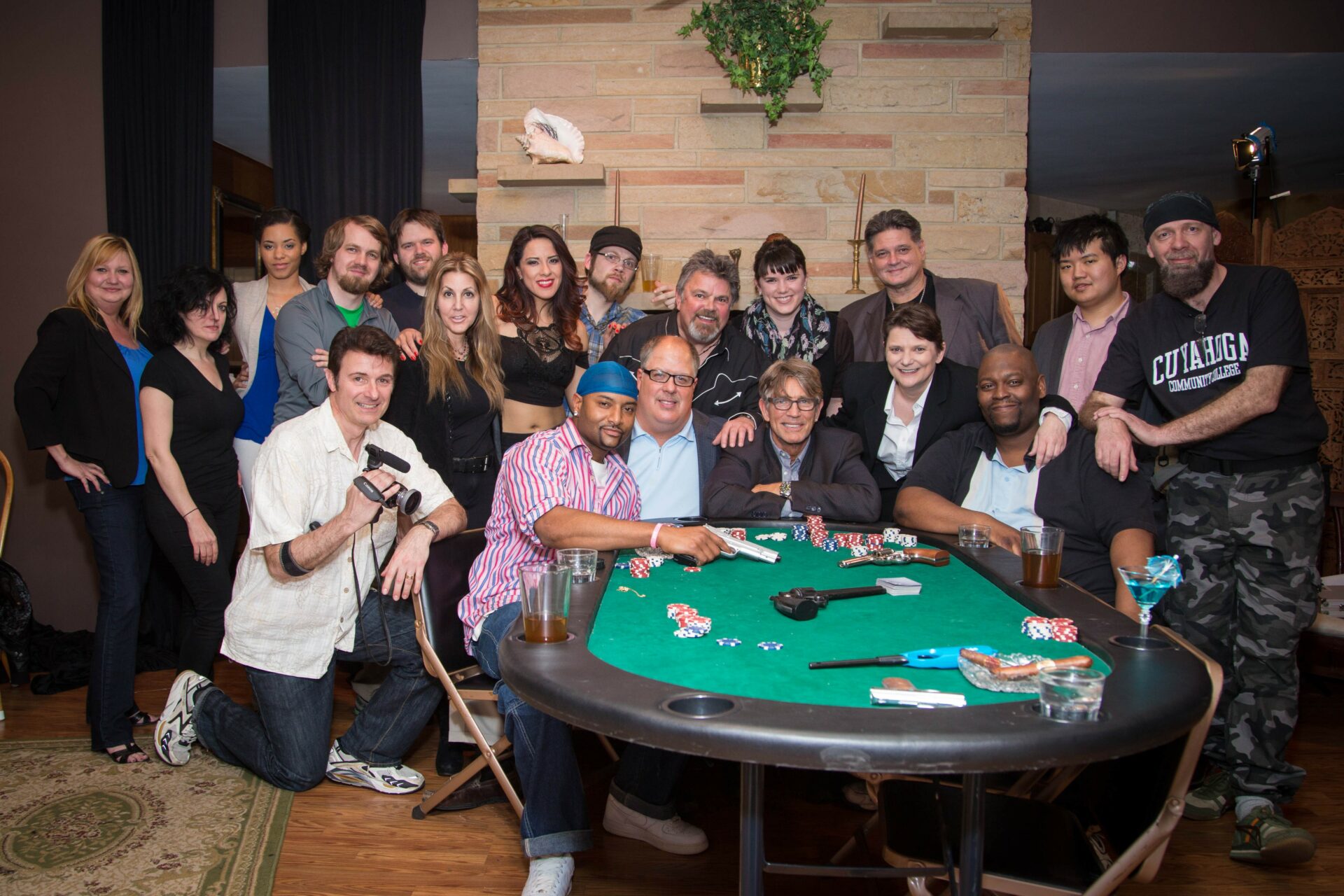
Image Credits
Scott T. Morrison, Donn R. Nottage, Indie Gathering, Alex Belisle.

